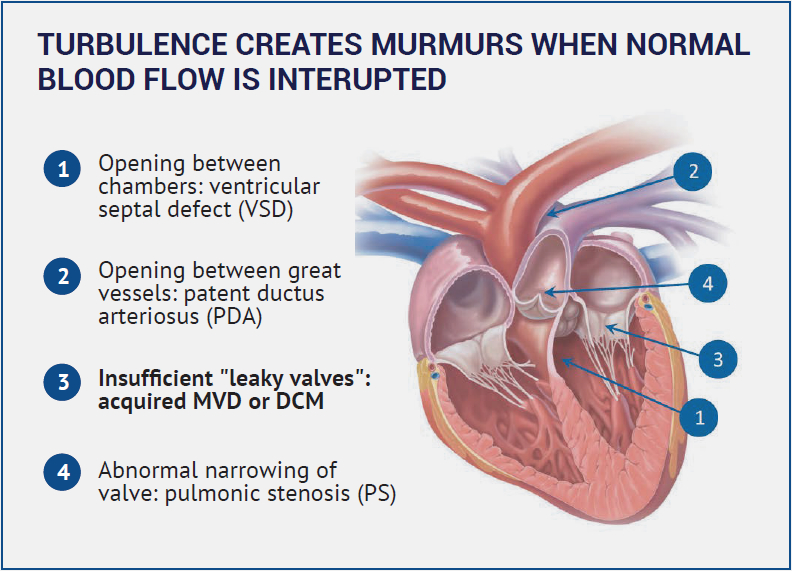HEALTH & WELLNESS

VOTING BOOTH

TRENDING

LIONS FOUNDATION OF CANADA DOG GUIDES
Lions Foundation of Canada Dog Guides and its founding program, Canine Vision Canada, was established in 1983. It’s the largest school of its kind in Canada with its training school in Oakville and breeding facility in Breslau.
KNOW THE SIGNS: TIPS FOR RECOGNIZING AND MANAGING HEART DISEASE IN DOGS

The heart is the organ responsible for pumping blood to and from all tissues and organs of the body in most animals. Acquired diseases affecting the heart valves or heart muscle can eventually cause the heart to fail and result in inadequate blood flow. The two most common diseases that affect our canine companions are mitral valve disease (MVD) and dilated cardiomyopathy (DCM).
HOW IS HEART DISEASE DIAGNOSED?
A thorough physical exam, including listening to the heart and lungs with a stethoscope, is how your veterinarian can determine that heart disease may be present in your dog. One clue that a dog may have an abnormal heart condition is the presence of a heart murmur, which is due to degeneration of the heart valves and abnormal flow between the heart chambers (see Figure 1).
Your veterinarian may also recommend radiographs (x-rays) of the chest to confirm a diagnosis of heart disease; this allows evaluation of the size of the heart and condition of the lungs. In addition, an electrocardiogram (ECG) can be used to evaluate if there are any irregularities in the heartbeat. For more complex cases, your veterinarian may recommend referral to a board certified veterinary cardiologist and echocardiography.

Figure 1: Causes of heart murmurs in dogs
Through recent studies and newer treatment options, it is possible to extend both the survival and quality of life of dogs affected with heart disease.
WHAT IS THE DIFFERENCE BETWEEN HEART DISEASE AND HEART FAILURE?
It is important to know that heart disease does not mean your dog is in heart failure. Many patients develop only mild and slowly progressive valvular lesions that have no effect on their quality of life. However, you should monitor your dog for any changes. The most common signs associated with congestive heart failure include:
• Coughing
• Lack of energy and exercise intolerance
• Irregular and rapid breathing
• Lack of appetite
• Weight loss
• Abdominal swelling
HOW CAN HEART DISEASE BE MANAGED?
Heart disease can be treated and your veterinary team can discuss an appropriate treatment plan for your dog with you. It is important to have regular check-ups once or twice yearly to evaluate your dog’s progress. The good news is that through recent studies and newer treatment options it is possible to extend both the survival and quality of life of affected patients. By adhering to the professional advice of your veterinarian, and with your own careful attention, your pet can often live a long and comfortable life.
Related Articles








